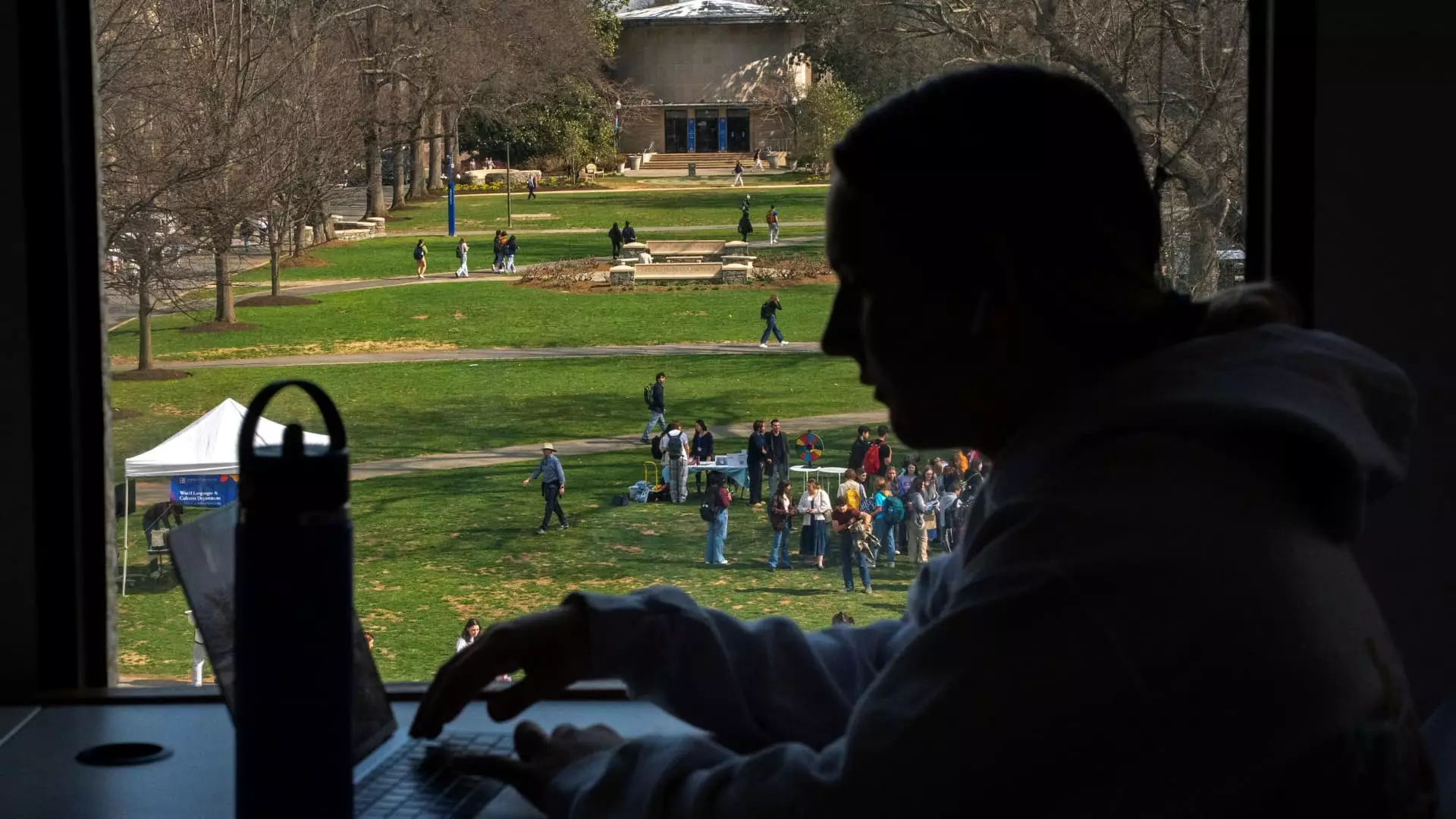The landscape of student loan repayment in the United States has recently undergone a severe transformation, revealing a troubling inclination toward austerity rather than compassion. While the Biden administration once championed innovative solutions like the SAVE plan, promising to make higher education more accessible and affordable, recent developments indicate a troubling retreat from that promise. Instead of expanding support mechanisms, federal policymakers now appear more focused on restricting options, leaving millions of borrowers vulnerable to financial distress. This shift exposes a fundamental failure to prioritize the economic wellbeing of average Americans in favor of political agendas that prioritize fiscal conservatism over social equity.
dismantling Support Structures: A Victory for Logistical Rigidity
The Biden-era SAVE plan was designed as a beacon of hope, offering borrowers significant relief by reducing monthly payments—often halving their obligations—and providing a more humane approach to student debt. Its sudden abrupt end, due to legal challenges supported by Republican interests, signifies a dangerous rollback of progress. Having fought desperately to protect and implement this plan, its elimination underscores a disturbing trend: the sidelining of student advocates and the sidelining of borrowers’ needs in favor of ideological rigidity. The decision to phase out diverse income-driven repayment options—once seen as flexible lifelines—transforms the complex web of repayment strategies into an overly simplified, and fundamentally unfair, two-option landscape for new borrowers.
Shifting Burdens onto Borrowers: A Disservice to the American Dream
The implications of these policy changes are profound and arguably unjust. For borrowers who took out loans in good faith, the removal of affordable repayment options implies a future where financial insecurity intensifies. Many will face monthly bills that are exponentially higher—more than double under the new RAP plan compared to previous CARE systems. This increase will disproportionately hurt those from modest backgrounds, who rely heavily on income-driven plans to stay afloat. The expiration of the temporary interest-free repayments—initially instituted during the COVID-19 pandemic—adds insult to injury, resurrecting the specter of crushing debt burdens. It is not merely a matter of numbers; behind these figures are real people—working families, young professionals, first-generation students—whose economic stability hangs in the balance.
Policy Failures and Political Priorities: An Unfortunate Consensus
The move to dismantle comprehensive and equitable repayment options reflects a broader pattern of neglect and misprioritization in U.S. politics. Instead of confronting the mounting crisis of student debt with innovative, empathetic policies, policymakers have opted for austerity measures rooted in ideological opposition to government intervention. The disappearance of multiple income-based plans constrains the choices of borrowers, disregarding their individual circumstances. Such policies reinforce a troubling narrative: that burdening students with unmanageable debt is a necessary evil rather than a societal failure that demands urgent correction.
The Call for a More Compassionate Future
The current trajectory threatens to marginalize countless Americans who have invested in their futures through higher education. It is an unforgiving reality—one where economic insecurity is standardized and compassion is cast aside. Instead of fostering a system that recognizes the diverse financial needs of borrowers, policymakers are constructing a one-size-fits-all model that will penalize those most in need of support. A truly just and forward-thinking approach would seek to expand, not contract, repayment options—recognizing that equitable solutions benefit not just individuals, but society as a whole. The continued erosion of support mechanisms signals a dangerous departure from the principle that higher education is a right, not a privilege reserved for the wealthy or the fortunate.

